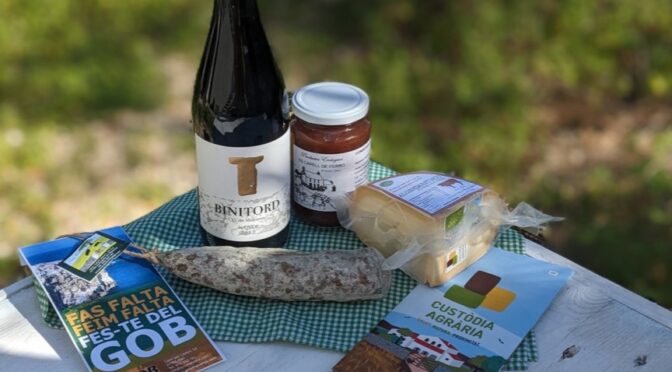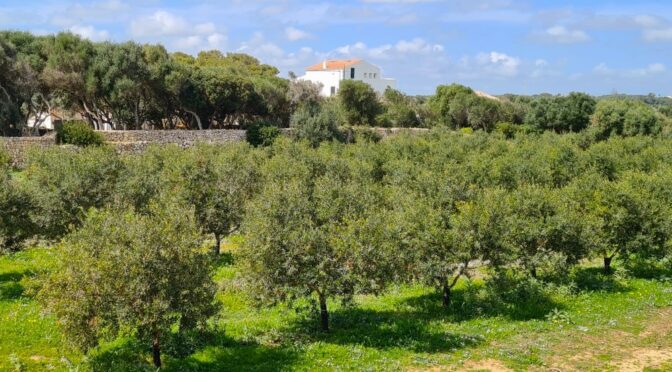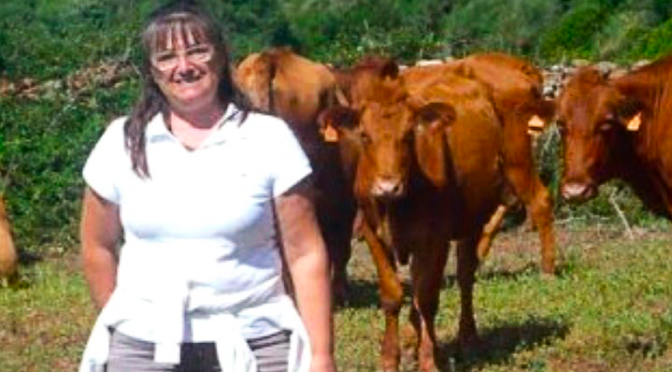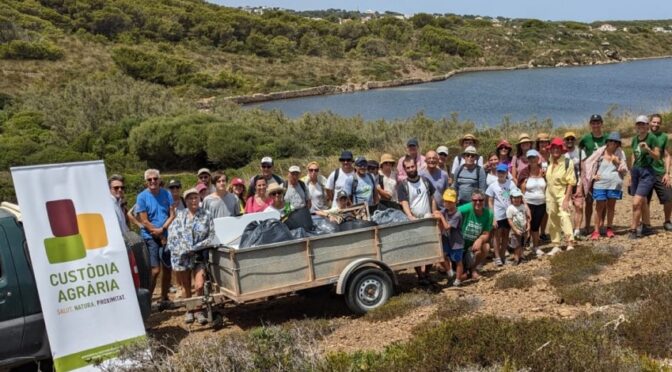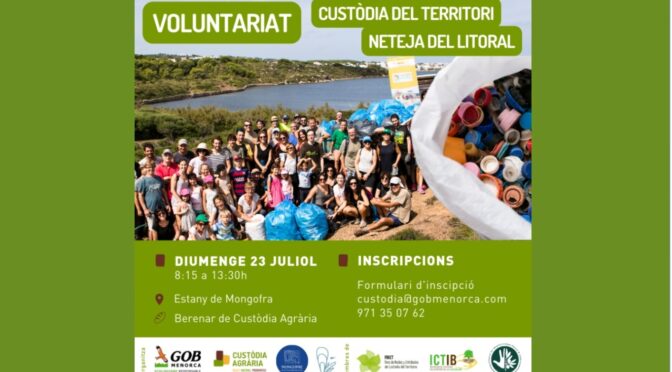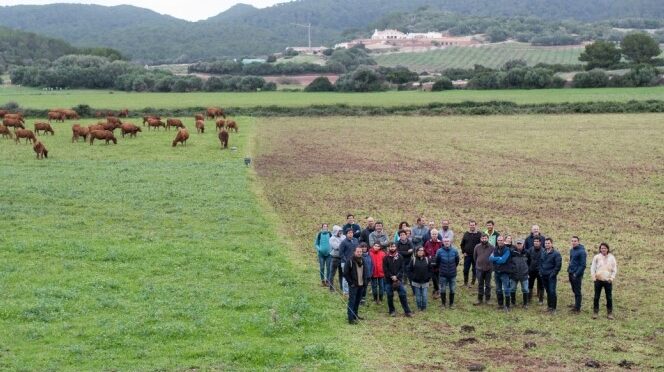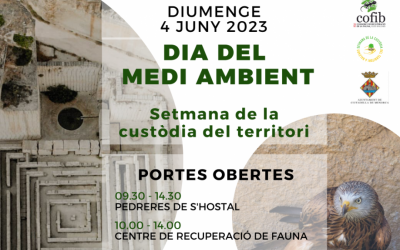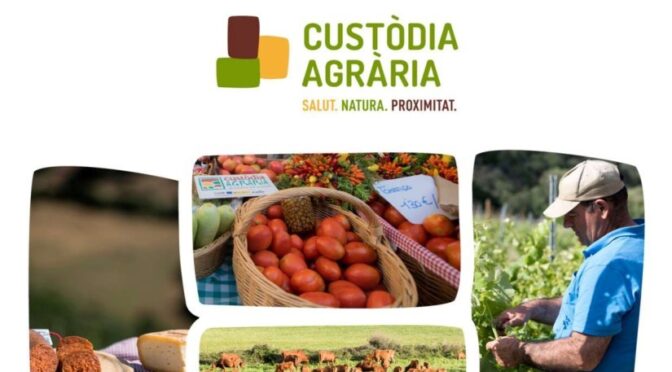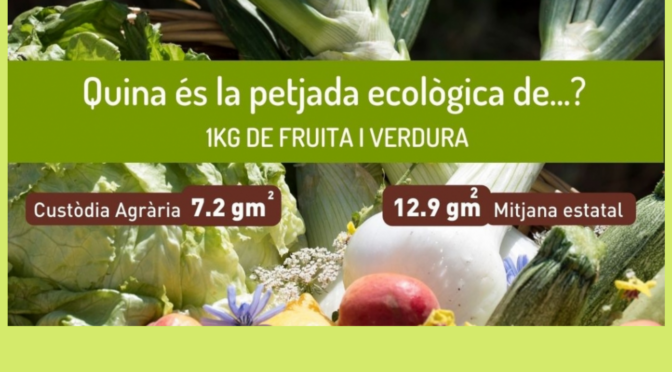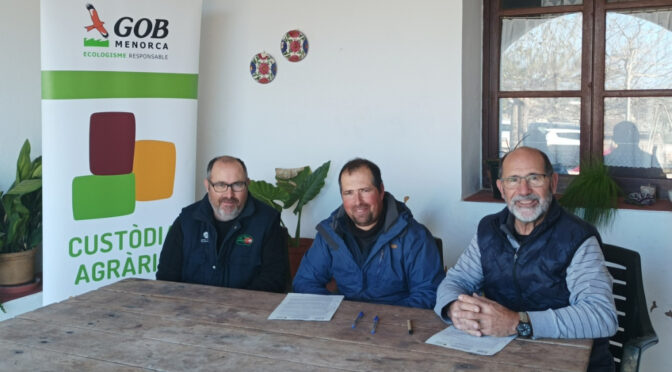Views: 220
GOB organised a clean up of the coast along s’Estany de Mongofra that took place on Sunday 23 July. The topography and the enclosed coves of this unique area make it particularly prone to the accumulation of waste brought in by the sea.
The fifty volunteers that came to help were distributed to various points already identified around s’Estany. In total, they collected 83 kilos of waste, mostly plastics. The presence of microplastics in the area, with muddy or pebble beaches, made them difficult to collect, so that they could only be collected manually picking up each one by one.
It was a day of intense heat so that the mid-morning snacks, with Land Stewardship Scheme farm products, above all the melons and watermelons, helped rehydration and to give strength to continue with the task.
At the end of the day, the different types of waste were separated. This time, the remains of broken plastics made up the main part of the waste, weighing 29 kg, followed by bulky plastic waste, 23 kg, and in third place were the ropes weighing 17 kg. What is surprising is the large number of stoppers that can be found, on this occasion 3.5 kilograms that took up a volume of 30 litres.
Since 2015, GOB has organised various clean up days at the same point and something interesting has been observed that, with the passing of time, the smallest plastics (microplastics, mesoplastics and others) have been replacing the larger objects that used to represent the most common waste. These small waste objects are nothing more than the result of plastic degradation, which, as we all know, is not biodegradable so that it breaks up into smaller and smaller pieces that end up in the trophic chain and become ingested by humans.
We are grateful to all the volunteers that took part on this day and we encourage everyone to take advantage of their beach days and collect the plastic waste they are sure to find in the sand.
This event was supported by the Island Governing Council and the Menorca Preservation Fund.
For photographs, please look here

